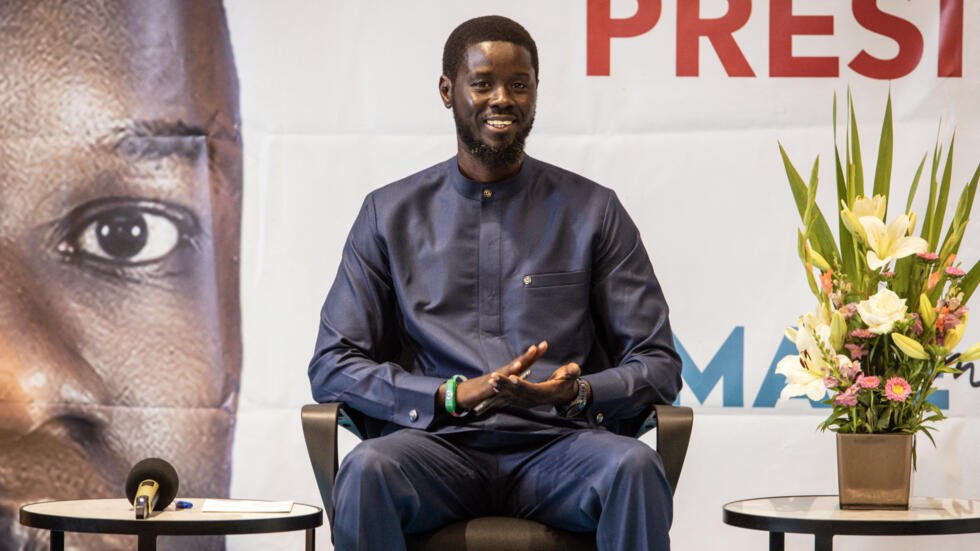Senegal Election Signals Progress in Coup-Prone West Africa
The former French colony of Senegal appeared poised for a peaceful transition of power following its presidential election, marking a significant moment for democracy in the volatile region of West Africa. Despite the buildup of tension and occasional violent protests leading up to the vote, Sunday’s election proceeded smoothly, with preliminary results showing opposition candidate Bassirou Diomaye Faye in a clear lead.
Both Faye’s rival from the ruling coalition, Amadou Ba, and outgoing President Macky Sall congratulated Faye on his apparent victory even before official results were announced by the electoral commission. Sall hailed the election as one of the most transparent, peaceful, and sincere in the country’s political history, emphasizing the Senegalese people’s commitment to democracy.
This outcome represents a significant turnaround from earlier concerns over democratic backsliding, fueled by Sall’s attempt to postpone the election just hours before the start of campaigning. This move had sparked fears of instability, particularly given Senegal’s history of deadly protests between 2021 and 2023, driven partly by concerns over potential constitutional changes to extend Sall’s presidency.
Despite these challenges and subsequent attempts to delay the vote, Senegal managed to navigate the electoral process peacefully. Analysts note that the nation’s ability to overcome such crises demonstrates the resilience of its democracy. The large turnout on election day, despite the tumultuous lead-up, underscored the Senegalese people’s determination to make their voices heard.
Senegal’s successful election stands in contrast to recent contentious polls in other African countries, where losing candidates disputed results and sparked violent unrest. In South Africa, the upcoming parliamentary vote in May presents another crucial test for democracy, as the ruling ANC faces the possibility of losing its majority for the first time since apartheid ended in 1994.
Senegal’s resilience in upholding democratic norms amidst regional challenges has earned it praise from observers. Unlike neighboring countries where military coups have become increasingly common, Senegal has maintained stability and remained committed to democratic principles. This commitment, coupled with the integrity of its institutions, has been crucial in preserving Senegal’s democratic progress.
While Senegal’s democracy has faced periodic tests over the years, including attempts to tamper with its institutions, the country has consistently resisted such efforts. This steadfastness reflects a deep-seated commitment to democratic values that has endured since gaining independence from France in 1960.
As Senegal prepares for a new chapter under a new leader, its successful election serves as a beacon of hope for democracy in the region, demonstrating that peaceful transitions of power are possible even in challenging circumstances.



















